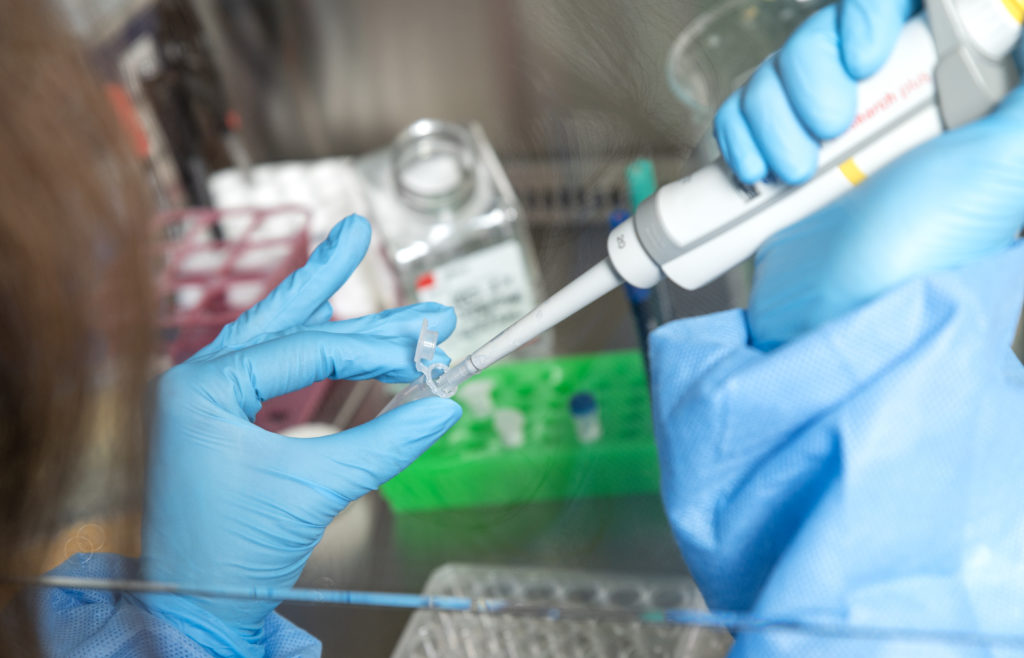Long-term success of gene therapy in patients with Fanconi anemia
The results of a clinical trial conducted by Rocket Pharmaceuticals and the Spanish CIEMAT teams, in collaboration with Genethon, which helped design and develop the drug vector used in the trial, have demonstrated, for the first time, the efficacy and safety of gene therapy in patients with Fanconi anemia, a rare blood disorder.
These results, published on December 3 in The Lancet, are the fruit of over 20 years’ research and 7 years’ patient follow-up.
Fanconi anemia type A is a rare genetic blood disorder that affects DNA repair. Due to mutations in the FANCA gene, it is characterized by variable congenital malformations, progressive medullary aplasia and a high risk of developing certain cancers.

None of the clinical studies carried out to date had demonstrated the efficacy of gene therapy in this complex disease. The trial shows that, in the majority of patients treated, autotransfusion of genetically corrected hematopoietic stem cells with the FANCA gene transfer, without cytotoxic conditioning to avoid the risk of cancer, enables a progressive and long-term increase in corrected cells in most patients, with no adverse effects.
Anne Galy, PhD, Director of ART-TG and former Director of the Inserm Joint Research Unit (UMR S951) at Genethon, has contributed, as part of the European consortium Eurofancolen of which Genethon is a partner, to the design and development of a lentiviral vector used to transport a gene-drug, the FANC-A gene, into the heart of hematopoietic stem cells and correct patients’ cells ex vivo. The aim is to stabilize stem cell loss in patients treated with functional hematopoietic stem cells.
Compared with the allogeneic hematopoietic stem cell transplantation approach, which has the advantage of being faster, but is associated with significant toxicities, this gene therapy drug candidate represents a major advance in the medical treatment of Fanconi A anemia. The efficacy and safety of this protocol need to be confirmed over the long term.
According to Anne Galy, “the publication of the work in “The Lancet” is the culmination of lengthy efforts coordinated by our Spanish colleagues to improve every stage of the Fanconi anemia gene therapy protocol, in order to obtain a significant graft of corrected blood stem cells in patients. The quality of the purified lentiviral vector we had developed at Genethon and which was produced at Yposkesi was an important factor in this process, due to its lack of toxicity on very fragile stem cells“.

